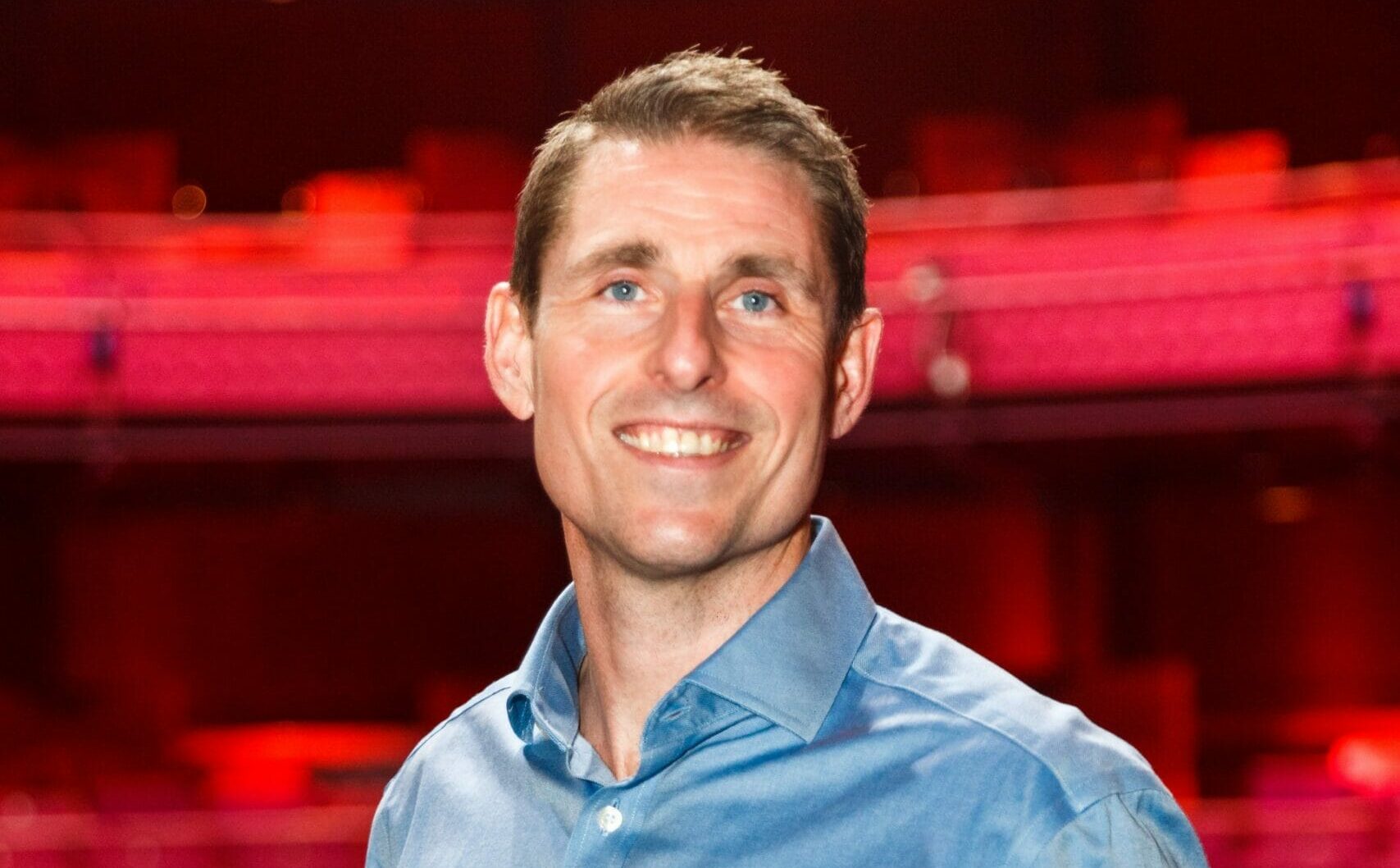Future Workplace Crisis Looms as Half of Young Professionals Reject Management Roles
The rise of Gen Z professionals avoiding middle management challenges future leadership development. Redefining leadership for purpose-driven, diverse next-gen leaders.

A concerning shift in workplace attitudes could trigger a significant leadership vacuum in the coming years, as new research reveals 52% of Generation Z professionals are actively avoiding middle management positions. This mounting resistance to traditional career progression paths signals a critical need for businesses to fundamentally rethink their approach to leadership development.
The stark statistics show that more than two-thirds of young professionals view middle management roles as offering insufficient rewards for their associated stress levels. This widespread reluctance threatens to create a significant gap in the leadership pipeline that could impact organisational effectiveness for years to come.
The Great Management Rebellion
We do news. We don’t do cookies.
Our website does not collect, store, or share any user data. If you enjoy our content and value your privacy, consider supporting us.
Recent findings from Robert Walters indicate that 69% of Gen Z workers consider middle management positions too stressful with inadequate compensation. This generation’s preference for individual contributor roles over people management positions marks a significant departure from traditional career advancement models.
‘We need to understand that leadership isn’t dying, but perhaps the old structure of it is. And to me, that can be a good thing’, explains Drew Povey, founder of Drew Povey Consultancy and leadership expert. ‘If Gen Z aren’t rushing in to climb the corporate ladder, what we should actually be doing is asking the question, “Why would anyone want to lead?”‘
Redefining Leadership for the Next Generation
The solution, according to experts, lies in reconceptualising leadership for a generation that prioritises purpose over position. ‘This is a generation which wants a cause more than they want that corner office’, Povey notes, suggesting that businesses need to align leadership roles with Gen Z’s values and aspirations.
Key areas requiring immediate attention include:
1. Purpose-Driven Leadership
Modern leadership must shift from hierarchical authority to meaningful influence. Gen Z’s familiarity with social media influencers provides a framework for understanding leadership impact. Companies need to emphasise how management roles can drive positive change rather than simply maintaining organisational structures.
2. Sustainable Work-Life Integration
The next generation of leaders is rejecting the traditional ‘burnout culture’ associated with management positions. ‘Having balance in your life shouldn’t just be a bonus and we don’t have to sell our souls to do a job’, Povey emphasises, highlighting the need for more sustainable leadership models.
3. Diverse Leadership Styles
‘Leadership should be quiet. Leadership should be creative. It should be tech driven, it should be emotionally intelligent, and it should be rooted in communities’, states Povey. This broader definition of leadership better aligns with Gen Z’s values and could help attract more young professionals to management roles.
Building Future Leaders
The path forward requires organisations to create experiential learning opportunities that build confidence through practical leadership experience. This approach addresses a key barrier: many potential leaders hesitate due to perceived lack of experience rather than actual capability.
Companies must also recognise that Gen Z’s resistance to traditional management roles might actually drive positive change in workplace structures. Their preference for impact over titles could lead to flatter, more collaborative organisations that better serve modern business needs.
Looking Ahead
The challenge of attracting Gen Z to leadership positions presents both risks and opportunities for organisations. While the immediate concern centres on filling future management pipelines, this generational shift could catalyse much-needed changes in how businesses approach leadership development and organisational structure.
Success will depend on organisations’ ability to evolve their leadership models to match Gen Z’s values and expectations. Those that adapt quickly will likely gain a significant advantage in developing and retaining tomorrow’s leaders, while those that cling to traditional management structures may struggle to fill critical roles in the years ahead.